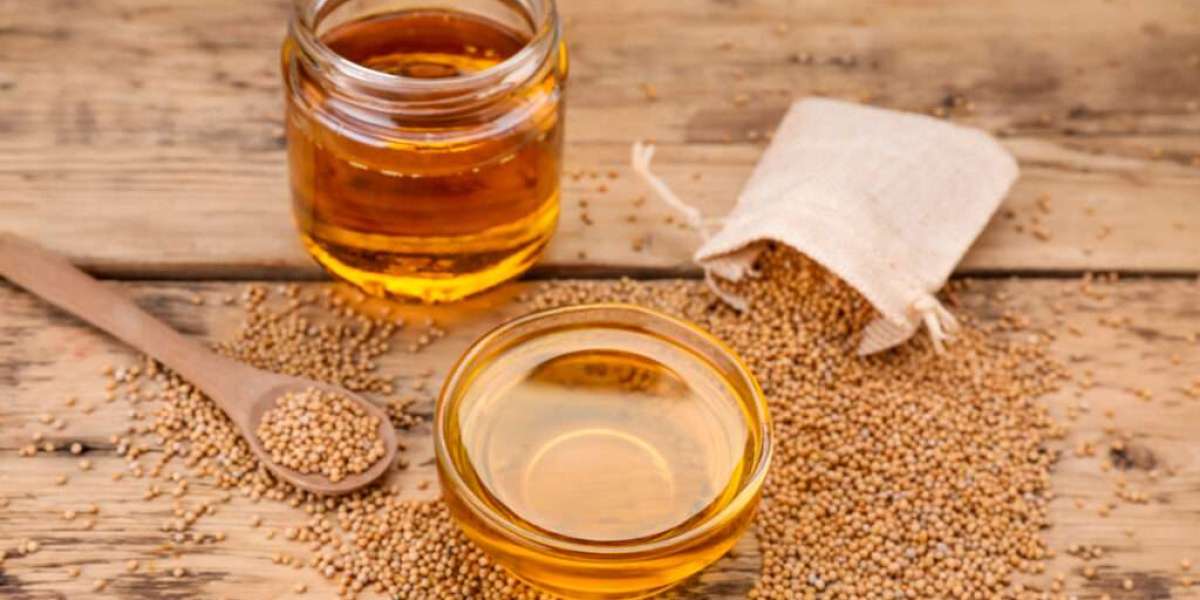Mustard oil, often referred to as sarson ka tel in Hindi and Urdu, is a staple cooking oil in many parts of Pakistan, particularly in the northern regions. It's derived from mustard seeds, a cruciferous vegetable known for its pungent flavor and numerous health benefits. This versatile oil plays a significant role in both the culinary and cultural landscape of the country.
Culinary Uses of Mustard Oil in Pakistan
- Frying and Tempering: Mustard oil is widely used for frying and tempering various dishes. Its high smoke point makes it ideal for deep-frying, ensuring crispy and flavorful results.
- Cooking Vegetables: Many Pakistani dishes, especially those from the Punjab region, involve stir-frying vegetables in mustard oil. This imparts a distinctive aroma and flavor to the dish.
- Marinades: Mustard oil is often used in marinades for meats, fish, and vegetables. Its pungent flavor can help tenderize meat and add a unique taste to the marinade.
- Pickles: Mustard oil is a key ingredient in many Pakistani pickles. It helps preserve the pickles and adds a spicy kick to the flavor.
- Achar Gosht: This popular Pakistani dish involves slow-cooking meat in a rich, spicy gravy made with mustard oil. The oil infuses the meat with its distinctive flavor.
Health Benefits of Mustard Oil
Mustard oil is not only a culinary delight but also offers a range of health benefits:
- Rich in Omega-3 Fatty Acids: Mustard oil contains omega-3 fatty acids, which are essential for heart health.
- Antioxidant Properties: The antioxidants in mustard oil help protect the body from oxidative stress.
- Anti-inflammatory Effects: It has anti-inflammatory properties that can help reduce inflammation in the body.
- Hair and Skin Health: Mustard oil is often used in traditional hair and skin treatments. It can help nourish the scalp and improve hair health.
- Pain Relief: Mustard oil has been used for centuries to relieve pain and muscle aches. It can be applied topically to alleviate discomfort.
Choosing the Right Mustard Oil
When purchasing mustard oil in Pakistan, it's essential to choose a high-quality product. Here are some tips to consider:
- Cold-Pressed: Opt for cold-pressed mustard oil, as it retains more of its natural nutrients and flavor.
- Unrefined: Unrefined mustard oil is less processed and offers more health benefits than refined oil.
- Reputable Brands: Choose mustard oil from reputable brands that prioritize quality and purity.
- Storage: Store mustard oil in a cool, dark place to prevent it from becoming rancid.
Mustard Oil in Pakistani Culture
Mustard oil is deeply ingrained in Pakistani culture. It's often used in traditional Ayurvedic medicine for various health purposes. In some regions, it's even considered auspicious and is used in religious ceremonies.
Conclusion
Mustard oil is a versatile and nutritious ingredient that has been a part of Pakistani cuisine for centuries. Its distinct flavor, aroma, and health benefits make it a valuable addition to any kitchen. Whether you're a seasoned cook or a novice, incorporating mustard oil into your dishes can elevate the taste and nutritional value of your meals.
Additional Tips for Using Mustard Oil
- Start with a small amount: Mustard oil has a strong flavor, so it's best to start with a small amount and adjust to taste.
- Pair with complementary flavors: Mustard oil pairs well with spices like cumin, coriander, and turmeric. It also complements the flavors of garlic, ginger, and chili peppers.
- Experiment with different dishes: Mustard oil can be used in a variety of dishes, from curries and stir-fries to marinades and dressings.
- Be mindful of smoking point: While mustard oil has a high smoke point, it's still important to avoid overheating it, as this can produce harmful compounds.
By following these tips, you can fully appreciate the unique flavor and health benefits of mustard oil.







